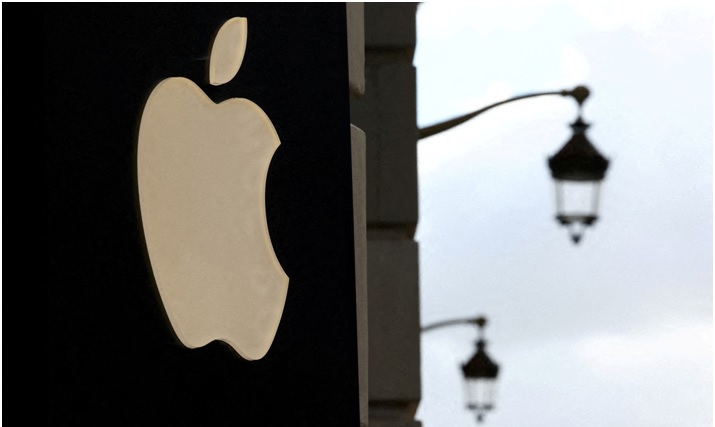Technology
Apple Supports Biden’s Right-to-Repair Initiative, Paving the Way for Consumer-Friendly Fixes

Highlights
- Apple, the world’s largest tech company, announces support for U.S. right-to-repair bill.
- Consumer advocates have long complained about the difficulty and expense of repairing Apple devices.
- President Joe Biden’s broader push for competition and consumer-friendly policies aligns with Apple’s decision.
- Apple commits to providing parts, tools, and documentation for repairs to independent shops and consumers nationwide.
- Federal Trade Commission Chair emphasizes that restrictive practices in the industry lead to higher costs and hinder innovation.
- Apple’s move towards repairability reflects a shift in prioritizing device longevity and resale value.
- California’s right-to-repair legislation, supported by Apple, serves as a model for national implementation.
- National Economic Council Director applauds Apple’s decision, highlighting potential cost savings for consumers and waste reduction.
- Repairing consumer electronics could save American consumers billions annually and significantly reduce electronic waste.
- Consumer advocates remain vigilant, emphasizing the need for real-world impact and closely monitoring industry players.
In a groundbreaking move, Apple, the world’s leading technology company, announced on Tuesday its endorsement of a U.S. right-to-repair bill. This decision comes in response to longstanding concerns raised by consumer advocates regarding the difficulty and costliness of repairing Apple‘s sleek devices.
This development aligns with President Joe Biden’s broader agenda to foster competition and eliminate unjust fees, ultimately benefiting consumers. Alongside this pledge, Apple committed to providing independent repair shops and consumers across the nation with the essential parts, tools, and documentation required to mend iPhones and computers. This landmark decision could set a precedent for other companies to follow suit.
Federal Trade Commission Chair, Lina Khan, emphasized that industry-wide restrictive practices not only drive up costs for consumers but also stifle innovation, hinder independent repair businesses, and contribute to unnecessary electronic waste. Khan underscored the critical importance of ensuring that essential medical equipment like ventilators remain accessible for timely repairs.
Apple‘s endorsement of federal legislation and its willingness to allow independent repair shops to service its products marks a significant shift towards prioritizing the durability and resale value of its devices. Additionally, it seeks to facilitate easier repairs and accessibility to spare parts.
The company initiated the distribution of parts and manuals to select independent repair shops in 2019. In August, Apple threw its support behind right-to-repair legislation in its home state of California. This legislation mandates that firms grant repair shops and consumers access to the necessary resources for repairs at fair and reasonable prices. Brian Naumann, Apple‘s Vice President for Service and Operations, affirmed the company’s commitment to upholding these provisions nationwide.
National Economic Council Director, Lael Brainard, applauded Apple’s decision and urged Congress to enact similar national legislation. Already, California, Colorado, New York, and Minnesota have passed their own right-to-repair laws, and thirty other states have introduced similar bills.
Brainard highlighted that commitments from private companies like Apple have the potential to lower costs for consumers and reduce electronic waste in landfills. Repairing consumer electronics could save American consumers nearly $49.6 billion annually and significantly decrease the nearly 7 million tons of electronic waste generated in the U.S. each year.
However, some consumer advocates approached Tuesday’s news with cautious optimism, as Apple‘s previous forays into repair initiatives have often come with certain conditions. Nathan Proctor, leading the right-to-repair campaign for the advocacy group U.S. PIRG, emphasized the importance of real-world experiences with these changes and pledged to closely monitor Apple and other companies in this regard.
In conclusion, Apple’s support for the right-to-repair movement is a significant stride towards empowering consumers and reducing electronic waste. This initiative, backed by President Biden’s broader campaign for consumer rights, sets a promising precedent for other industry giants to follow suit. As the details of federal legislation emerge, consumer advocates will remain vigilant, ensuring that these changes translate into meaningful benefits for users worldwide.




















































